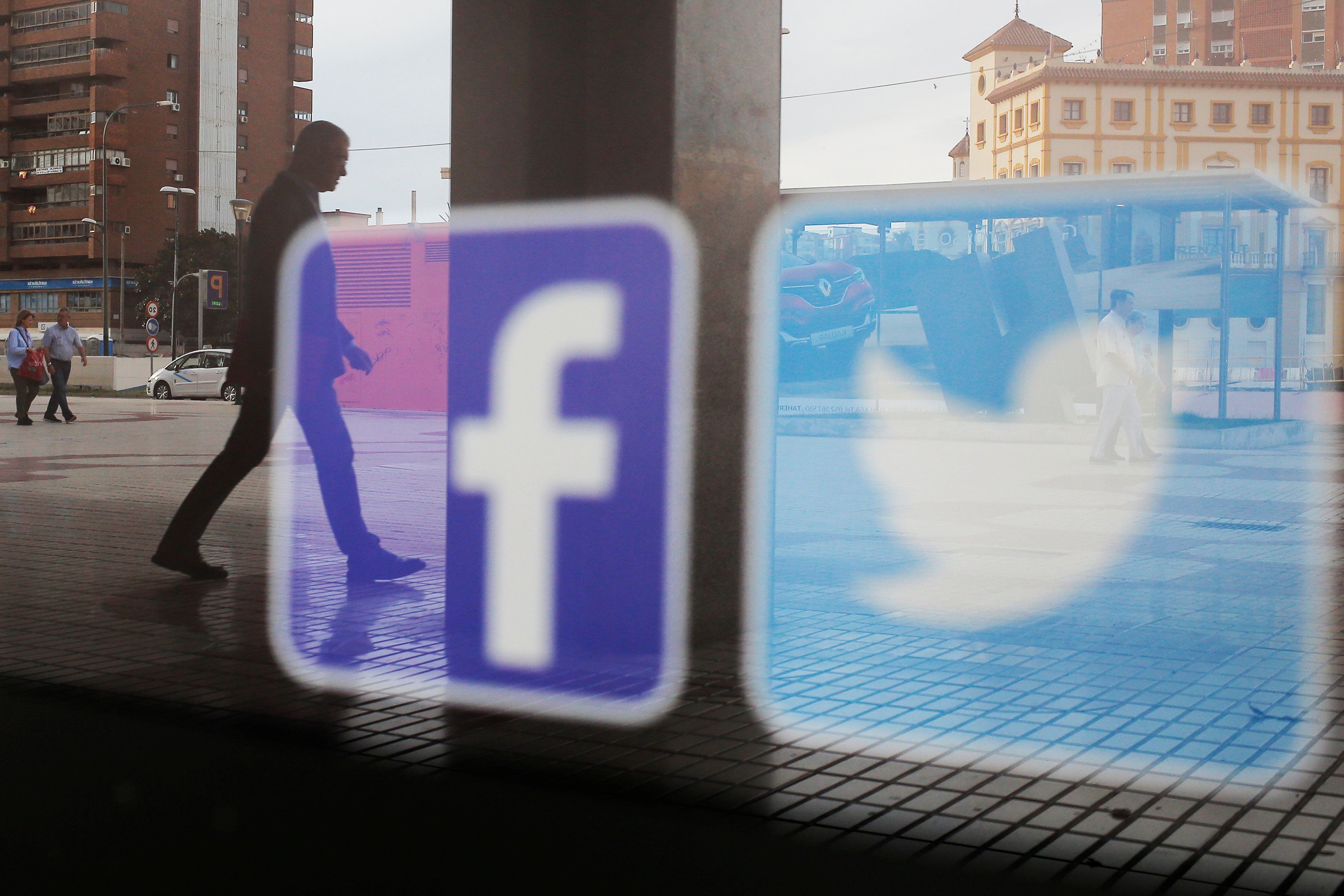A week before, US publication New York Post broke a story of alleged corruption surrounding Hunter Biden, the son of US Democratic Party presidential contender Joe Biden; according to private emails accessed by the publication, Hunter invited an advisor from a Ukrainian energy company—where he was employed—to meet his father, then the vice president. The article implied a quid pro quo kind of deal.
Hunter was inducted into the board of the energy company in 2014, while Joe Biden was US vice president. The article published Hunter's emails from a laptop that was allegedly forgotten at a repair shop. The shop owner had reportedly copied the hard drive and handed it over to federal authorities. The shop owner then passed the copy of the hard drive to Rudy Guiliani, US President Donald Trump’s personal lawyer, who handed it to the New York Post.
The story, which comes mere weeks ahead of US presidential elections, kicked up a big storm, with many questioning the authenticity of the sourcing procedure. At the heart of the debate was the big tech platforms. In a unprecedented move, Twitter banned users from posting links to the story, saying the links were "potentially unsafe" because the story contained "hacked materials". Facebook announced that third-party fact-checkers were working on checking the veracity of the story, and limited its distribution in the news feed.
Causing massive outcry, and fresh allegations of "leftist bias" and "political interference" from Republican lawmakers, Twitter even briefly restricted Trump's re-election campaign's account after it posted a video about Hunter Biden and the allegations.
The FBI is now investigating whether emails that were published are connected to a possible Russian influence operation to spread disinformation, according to multiple reports.
The big tech in trouble
According to news agency Reuters, Republican lawmakers slammed the social media companies' actions, with US Senate majority leader Mitch McConnell saying that the blocking of the story was "reprehensible" and that there should be no "speech police" in the United States. The US Senate Judiciary Committee has sent a subpoena to Twitter CEO Jack Dorsey. Committee Chairman Lindsey Graham and Republican senators Ted Cruz and Josh Hawley also called for sending a subpoena to Facebook. "We are going to finally have an accounting that is long overdue," Graham said, Reuters reported. "This to me crystallises the problem better than anything I could think of." Senator Marco Rubio urged Federal Communications Commission Chairman Ajit Pai to re-examine Section 230 of the Communications Decency Act.
Twitter apologises and backtracks
Twitter was wrong to block weblinks to an unverified political story, CEO Jack Dorsey said on Friday, as the company responded to criticism over its handling of the story that had prompted cries of censorship from the right. "Straight blocking of URLs was wrong, and we updated our policy and enforcement to fix," he tweeted. "Our goal is to attempt to add context, and now we have capabilities to do that."
Dorsey was weighing in after an executive at the social media company announced changes late Thursday to its policy on hacked content following an onslaught of criticism. "Twitter will no longer remove hacked material unless it's directly shared by hackers or those working with them, the company's head of legal, policy, trust and safety," Vijaya Gadde, said in a Twitter thread. "And instead of blocking links from being shared, tweets will be labeled to provide context," Gadde said. "We want to address the concerns that there could be many unintended consequences to journalists, whistleblowers and others in ways that are contrary to Twitter's purpose of serving the public conversation," she said.
Twitter and Facebook had moved quickly this week to limit the spread of the story published by the conservative-leaning New York Post. The story has not been confirmed by other publications.
Twitter initially responded by banning users from sharing links to the article in tweets and direct messages because it violated the company's policy prohibiting hacked content. But it didn't alert users about why they couldn't share the link until hours later.
Dorsey had first tweeted that it was unacceptable the company hadn't provided more context around its action. A little over 24 hours later, Gadde announced the company was making changes after receiving significant feedback (from critical to supportive) about how it enforced the policy.
-Inputs from agencies




